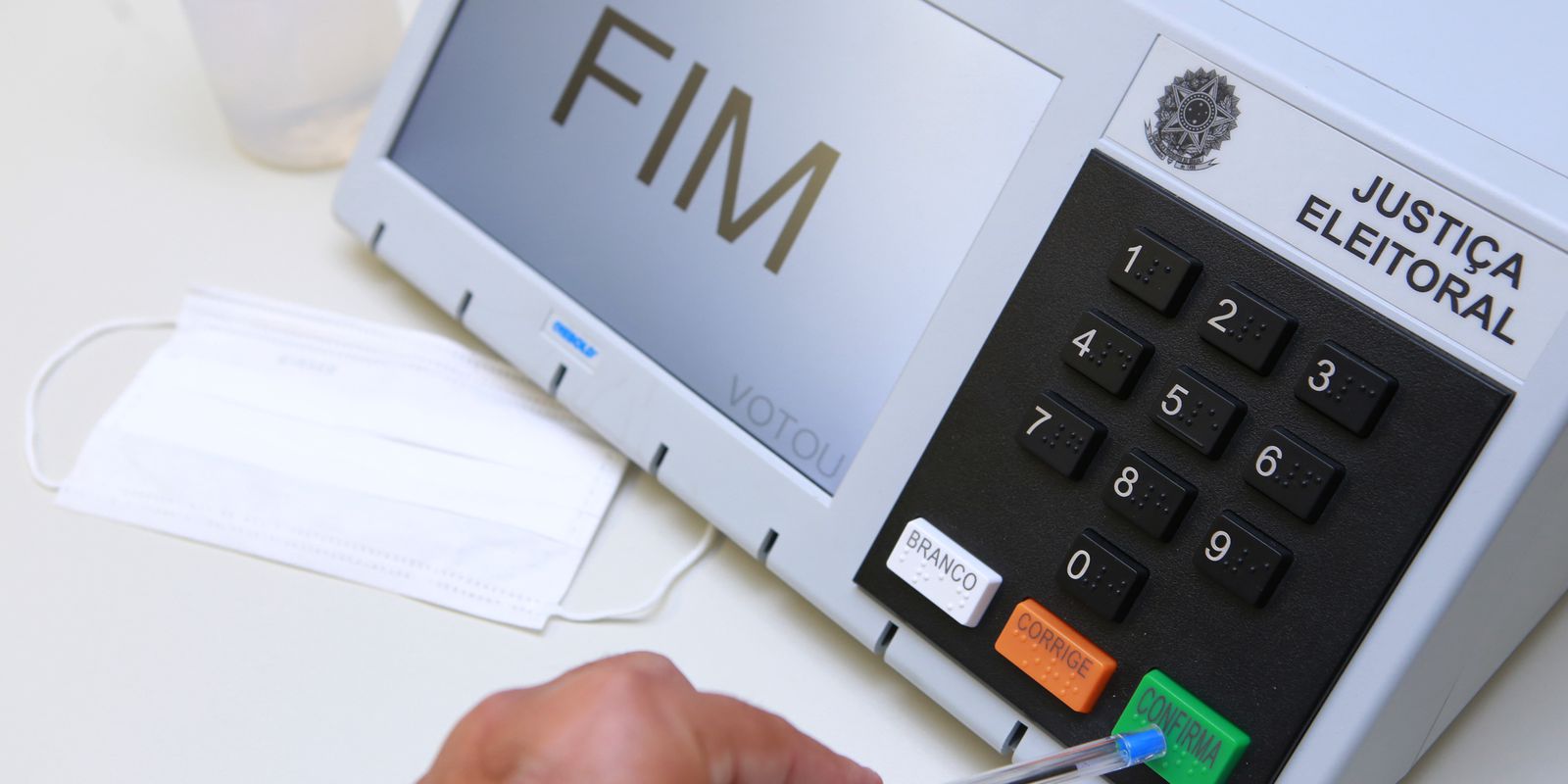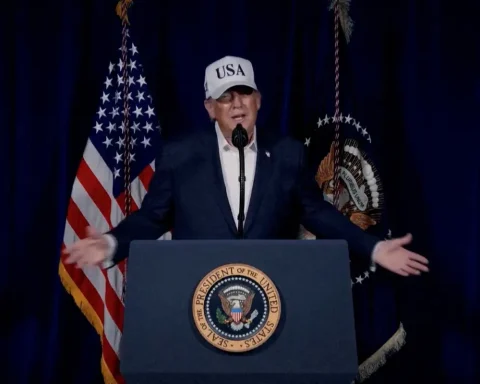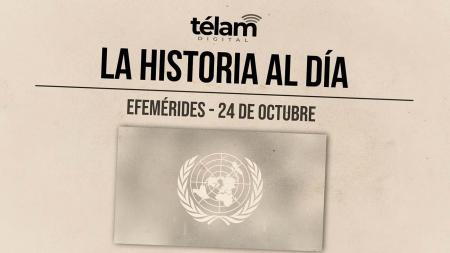The vote is secret, personal and non-transferable, says the law. The Brazilian Constitution, in its Article 14, determines that “popular sovereignty shall be exercised by universal suffrage and by direct and secret vote, with equal value for all”. However, electoral harassment, present mainly in companies, exists and is typified by law as a crime.
According to Article 300 of the Electoral Code (Law No. 4,737, of 1965), it is a crime for a public servant to use his authority to coerce someone to vote or not to vote for a certain candidate or party. The penalty is up to six months’ imprisonment, plus a fine. Likewise, it is a crime to use violence or threaten someone, coercing them to vote for a certain candidate.
The president of the Superior Electoral Court (TSE), Minister Alexandre de Moraes, recently criticized the criminal practice that, according to him, has taken place in this year’s elections. “Sadly, in the 21st century, we have returned to a criminal practice that is electoral harassment, practiced by employers coercing, threatening, promising benefits for their employees to vote or not vote for certain people,” he said after a plenary session.
“It is not possible that it is still intended to coerce the employee in relation to his vote. The Electoral Justice has a specific channel so that all those who want to denounce this illicit practice can do so with absolute tranquility, guaranteeing secrecy, so that we can curb this harmful practice”, added the president of the TSE. Complaints can also be made on the site of the Public Ministry of Labor .
The channel for reporting this practice is the Pardal mobile application, available in the appstore (for Android smartphones) and App Store (for Apple smartphones). It allows the submission of complaints with indications of improper or illegal practices within the scope of the Electoral Justice.
Blessings on Election Day
Another criminal way to influence the vote of third parties is the promotion of facilities or benefits on election day, in order to prevent, embarrass or defraud the exercise of voting. Common types of promotion are the provision of free food or even transportation. The penalty for this type of crime is imprisonment from 4 to 6 years and the payment of a fine of 200 to 300 days.
This practice, however, should not be confused with the decision of the Federal Supreme Court (STF) that city halls and bus companies will be able to offer free public transport in the second round of elections, which will be held on the 30th.
In this case, transportation will be provided by municipal executives, with authorization from the STF, in order to guarantee the right to vote, which is mandatory, in a scenario in which many voters are unable to pay the ticket to the polling place. In many cases, the ticket is more expensive than the fine for non-attendance, whose maximum value is BRL 3.51.
















